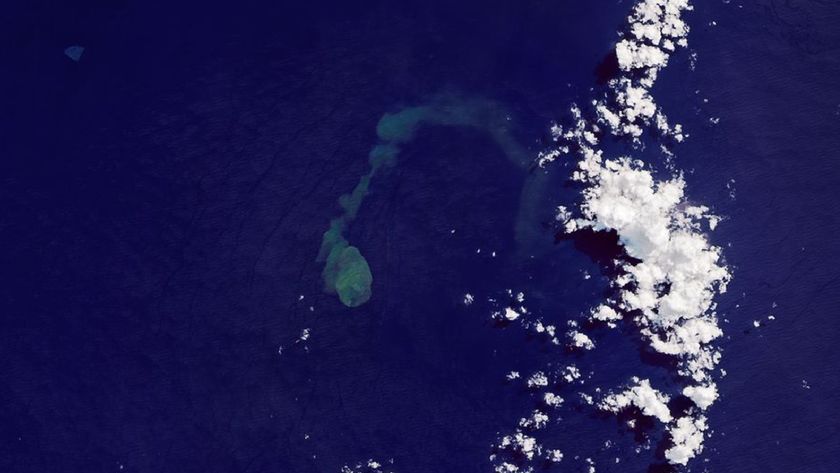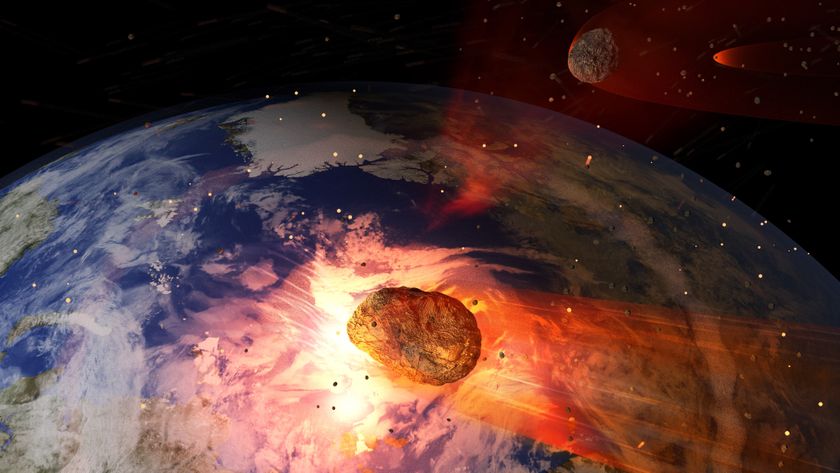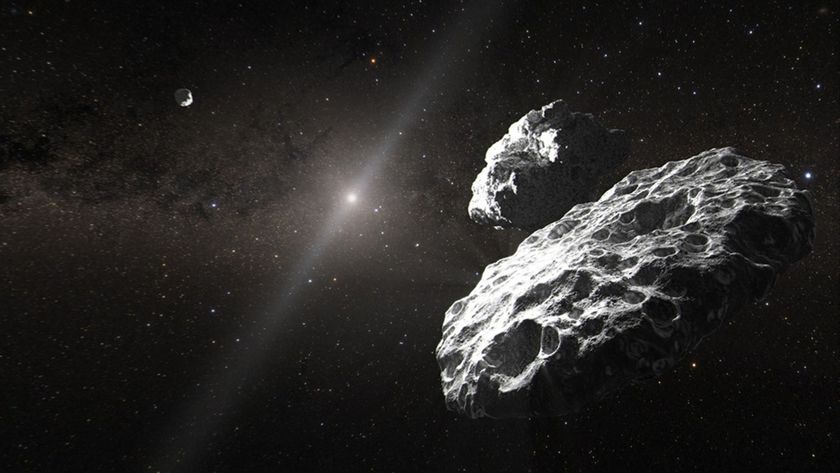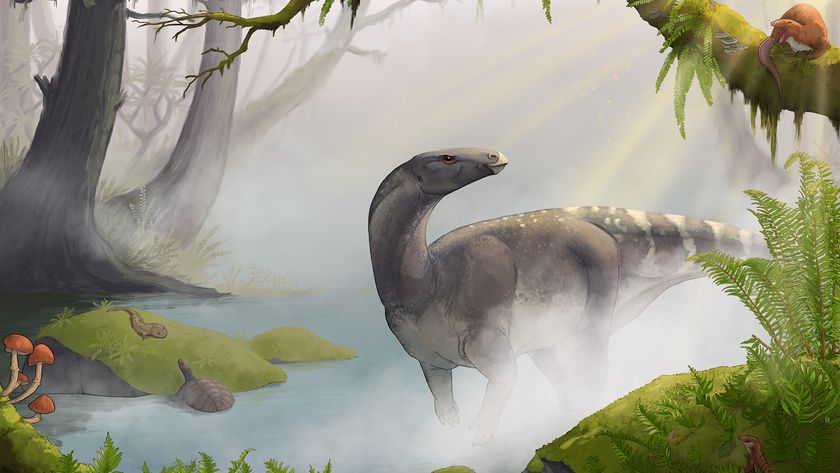Report: American West Faces Dire Future
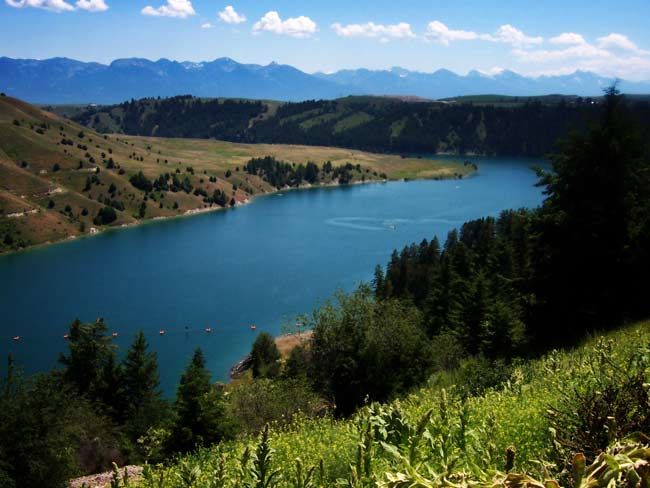
Without action to reduce carbon emissions, global warming will dramatically alter the Western U.S. landscape, according to a nongovernmental report released Thursday by the National Wildlife Federation.
"America's addiction to fossil fuels is coming at an enormous price, one that threatens not only people but the fish, wildlife and ecosystems that are so fundamental to the region's—and nation's—economy, culture and values," writes lead author Patty Glick, a global warming specialist for the group.
The report, an extensive review of scientific literature for 17 western states, indicates that declining water resources, pervasive drought, increased catastrophic wildfires, and species extinction are some of the effects global warming will have on the American West.
"One of the reasons we focused on the region is the fact that so much of the economy and the way of life in the West is driven by natural resources and driven by wildlife and wild places," Glick said.
The report is titled "Fueling the Fire, Global Warming, Fossil Fuels and the Fish and Wildlife of the American West."
Recent studies have shown that an increase in forest wildfires in the West is correlated with rising temperatures and earlier arrival of warmer seasons. According to the new report, there has been a four-fold increase in the number of major fires each year.
Rising temperatures are expected to reduce snow pack and cause snow to melt earlier, which will place a strain on the area's water reserves.
Sign up for the Live Science daily newsletter now
Get the world’s most fascinating discoveries delivered straight to your inbox.
Throughout the West, water resources are already scarce because the area is somewhat arid to begin with, Glick said. There's also an enormous amount of population growth and quite a bit of agricultural activity, "all of which are spreading the water resources pretty thin."
Other consequences include threats to the region's wetlands, increase of invasive species, and increased cases of extreme heat waves.
The general scientific consensus on global warming is that it's at least partly human-induced. However, some remain unconvinced and believe that the Earth's natural cycle is the reason for the recent warming trend.
"There is no meaningful debate about the science," Glick told LiveScience. "The jury is totally in on that." Glick added: "When you look at the broad the extent of the changes we're seeing and the duration of the changes there is nothing that explains it more than the buildup of greenhouse gases and that is absolutely directly attributable to fossil fuel burning."
Earlier this year, scientists reported that the concentration of greenhouse gases in the atmosphere reached a record high in 2005.
There should be a national mandatory limit on greenhouse gas emissions, Glick said. "If we don't send that kind of policy signal what you'll see is more coal fired power plants get built that don't necessarily need to get built if we improve energy efficiency and look at alternatives."
- Snowball Effect Fuels Arctic Meltdown
- California Caps Greenhouse Gas Emissions
- Study: Global Warming Near Critical Level
- Images: Earth As Art
Hot Topic
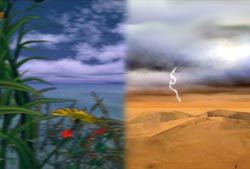
What makes Earth habitable? This LiveScience original video explores the science of global warming and explains how, for now, conditions here are just right.
The Controversy
- Global Warming or Just Hot Air? A Dozen Different Views
- Global Warming Differences Resolved
- Conflicting Claims on Global Warming and Why It's All Moot
- Baffled Scientists Say Less Sunlight Reaching Earth
- Scientists Clueless over Sun's Effect on Earth
- Greenhouse Gas Hits Record High
- Key Argument for Global Warming Critics Evaporates
The Effects





